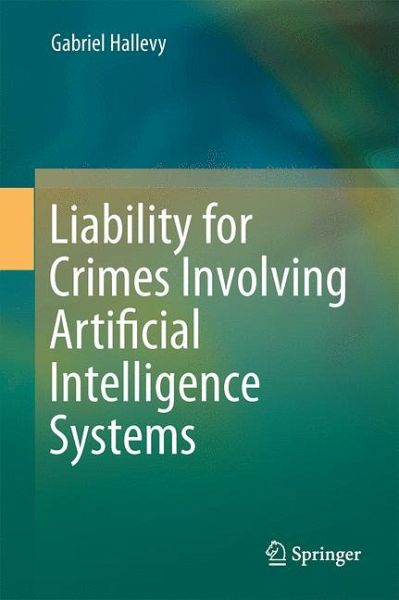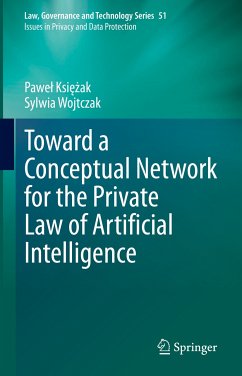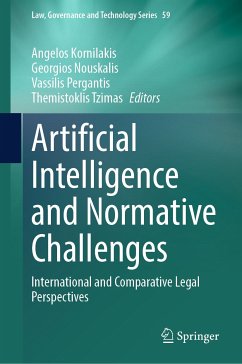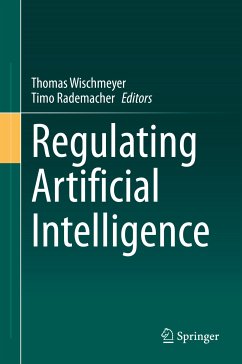
Liability for Crimes Involving Artificial Intelligence Systems (eBook, PDF)
Versandkostenfrei!
Sofort per Download lieferbar
96,95 €
inkl. MwSt.
Weitere Ausgaben:

PAYBACK Punkte
48 °P sammeln!
The book develops a general legal theory concerning the liability for offenses involving artificial intelligence systems. The involvement of the artificial intelligence systems in these offenses may be as perpetrators, accomplices or mere instruments. The general legal theory proposed in this book is based on the current criminal law in most modern legal systems.In most modern countries, unmanned vehicles, sophisticated surgical systems, industrial computing systems, trading algorithms and other artificial intelligence systems are commonly used for both industrial and personal purposes. The qu...
The book develops a general legal theory concerning the liability for offenses involving artificial intelligence systems. The involvement of the artificial intelligence systems in these offenses may be as perpetrators, accomplices or mere instruments. The general legal theory proposed in this book is based on the current criminal law in most modern legal systems.
In most modern countries, unmanned vehicles, sophisticated surgical systems, industrial computing systems, trading algorithms and other artificial intelligence systems are commonly used for both industrial and personal purposes. The question of legal liability arises when something goes wrong, e.g. the unmanned vehicle is involved in a car accident, the surgical system is involved in a surgical error or the trading algorithm is involved in fraud, etc. Who is to be held liable for these offenses: the manufacturer, the programmer, the user, or, perhaps, the artificial intelligence system itself?
The concept of liability for crimes involving artificial intelligence systems has not yet been widely researched. Advanced technologies are forcing society to face new challenges, both technical and legal. The idea of liability in the specific context of artificial intelligence systems is one such challenge that should be thoroughly explored.
In most modern countries, unmanned vehicles, sophisticated surgical systems, industrial computing systems, trading algorithms and other artificial intelligence systems are commonly used for both industrial and personal purposes. The question of legal liability arises when something goes wrong, e.g. the unmanned vehicle is involved in a car accident, the surgical system is involved in a surgical error or the trading algorithm is involved in fraud, etc. Who is to be held liable for these offenses: the manufacturer, the programmer, the user, or, perhaps, the artificial intelligence system itself?
The concept of liability for crimes involving artificial intelligence systems has not yet been widely researched. Advanced technologies are forcing society to face new challenges, both technical and legal. The idea of liability in the specific context of artificial intelligence systems is one such challenge that should be thoroughly explored.
Dieser Download kann aus rechtlichen Gründen nur mit Rechnungsadresse in A, B, BG, CY, CZ, D, DK, EW, E, FIN, F, GR, HR, H, IRL, I, LT, L, LR, M, NL, PL, P, R, S, SLO, SK ausgeliefert werden.













